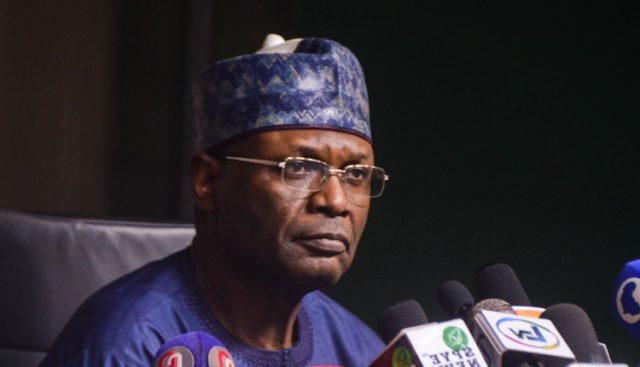
ONE year after, the official review of the 2023 general elections by the umpire leaves a lot of gaps. The Independent National Electoral Commission released the final report on February 23, insisting that the outcomes tallied with the wishes of the voters. For many, the performance of the umpire is not much different from the past, failing to conduct free, fair, and transparent elections in 2023. To achieve better outcomes in future elections, INEC must be prepared to upgrade its key areas of performance.
The review is contained in a 526-page document, which was structured into 13 chapters, graphically annotated with 60 tables, 14 boxes, and 10 graphs. It “offers an in-depth analysis of the election’s key processes, achievements and challenges, alongside valuable lessons learned,” INEC stated.
The polls opened on February 25 with the presidential/National Assembly ballots. It could not be concluded after the two-week timeline, forcing a shift to March 18 for the governorship/house of assembly ballots.
A cursory review of the report shows that INEC succeeded in the basic tasks, including ballot papers for voters, polling units and deployment of officials and security agents. Beyond that, the rest is a messy hodgepodge: there were contentions over the conduct of the polls and the declaration of results. INEC reportedly received N313.4 billion to prosecute the elections.
INEC said: “The report showcases the election’s unparalleled diversity in party representation, demonstrating significant democratic progress.”
While there was progress, it was not significant, as INEC claimed. INEC should not be a player and the referee in its own game; it should leave that to observers.
The worst damage from the 2023 polls is the failure of INEC to upload the results from the polling units to the INEC Result Viewing portal in real-time. After pre-election promises to do so, this affected the integrity of INEC, casting doubts on the entire process. That the iREV portal worked during the other polls renders INEC’s defence weak.
This instigated litigation. INEC was reprieved only by the Supreme Court, which bailed it out by ruling that the umpire had the power to determine how to collate results. That leaves a bitter taste in the mouth. In future, INEC should make foolproof of the BVAS, and other technologies connected with delivering transparent, credible, and free and fair elections.
In the elections, there were 431 cases from 10 out of the 18 parties that contested. Governorship petitions from many states reached the Supreme Court. It looked like a repeat of the 2007 heists. The presidential election was determined by the Supreme Court.
This ousts the wishes of the electorate and places the judiciary above the people. In a democracy, this is wrong. INEC should conduct better elections to ensure the will of the people prevails.
By its performance, INEC is tempting fate. Voter turnout is reducing. President Bola Tinubu was elected with a turnout of 27 per cent. This is the lowest since the advent of the Fourth Republic in 1999, and a 44-year downturn compared with the 34.6 per cent recorded in 1979.
Unlike in many civilised democratic climes, election is war filled with bloodshed, kidnapping, violence, and arson in Nigeria. Politicians, the electorate, INEC officials, and offices are attacked before, during, and after elections. INEC said that it suffered 50 attacks on its properties and acts of violence on its facilities between 2019 and 2022. According to an NGO, the Incident Centre for Election Atrocities, 137 persons were killed and 57 abducted during the 2023 general elections.
As the off-cycle governorship polls in Edo and Ondo states come up later this year, INEC must go beyond recognising the pitfalls to taking actionable steps to improve elections in the country.
END

Be the first to comment